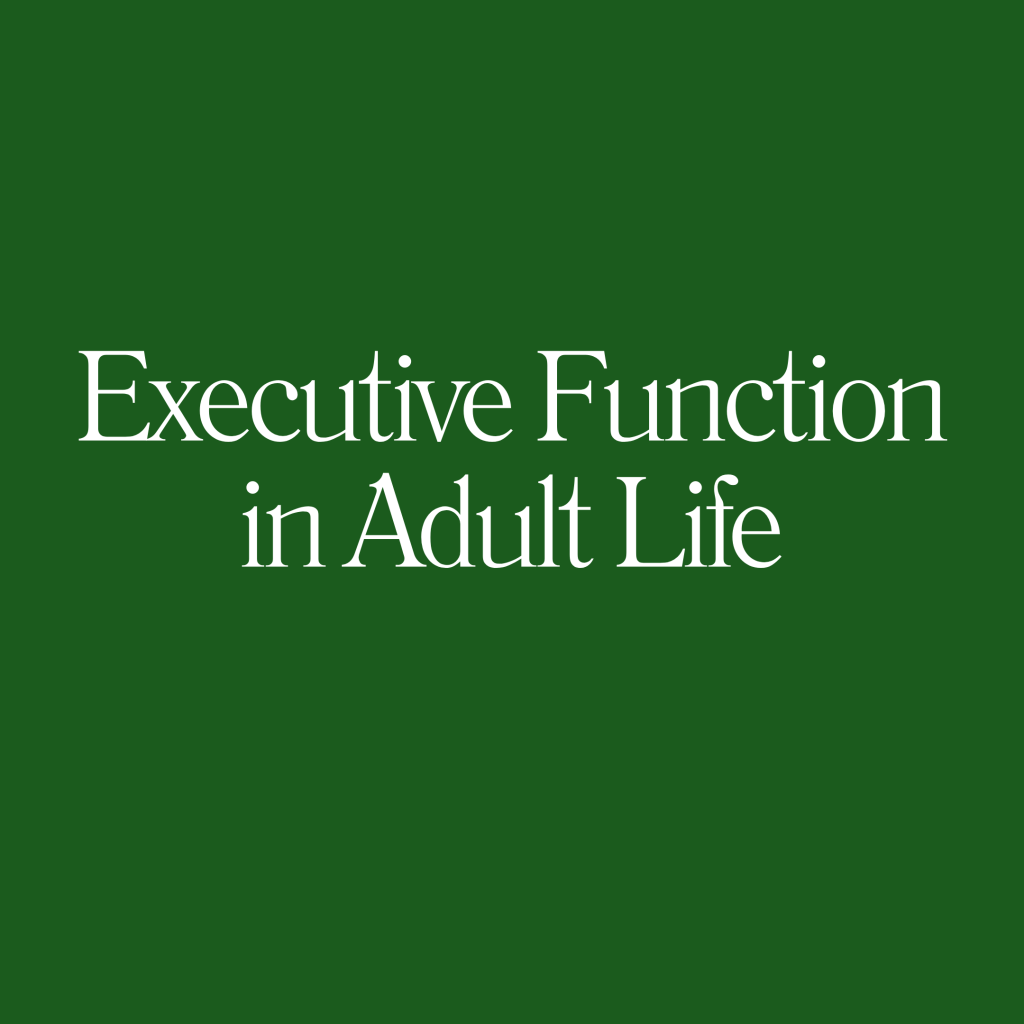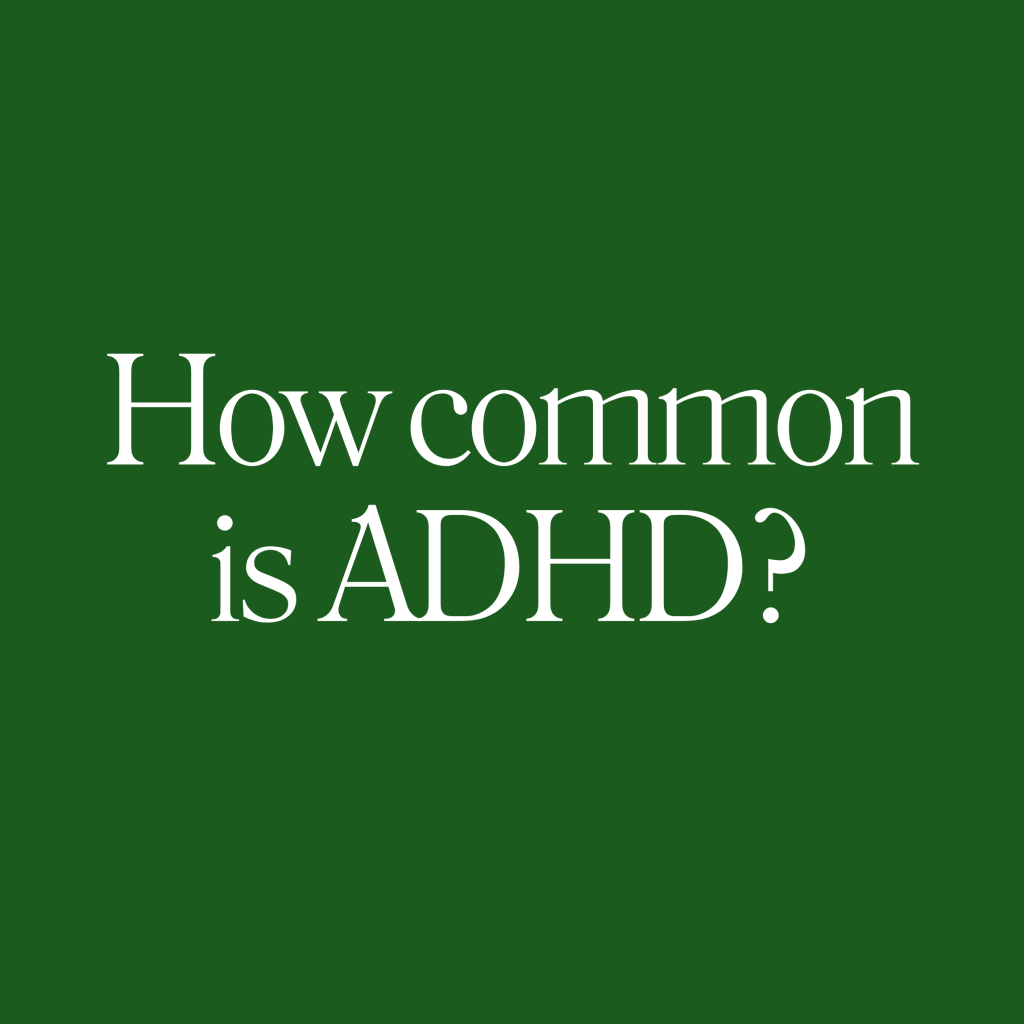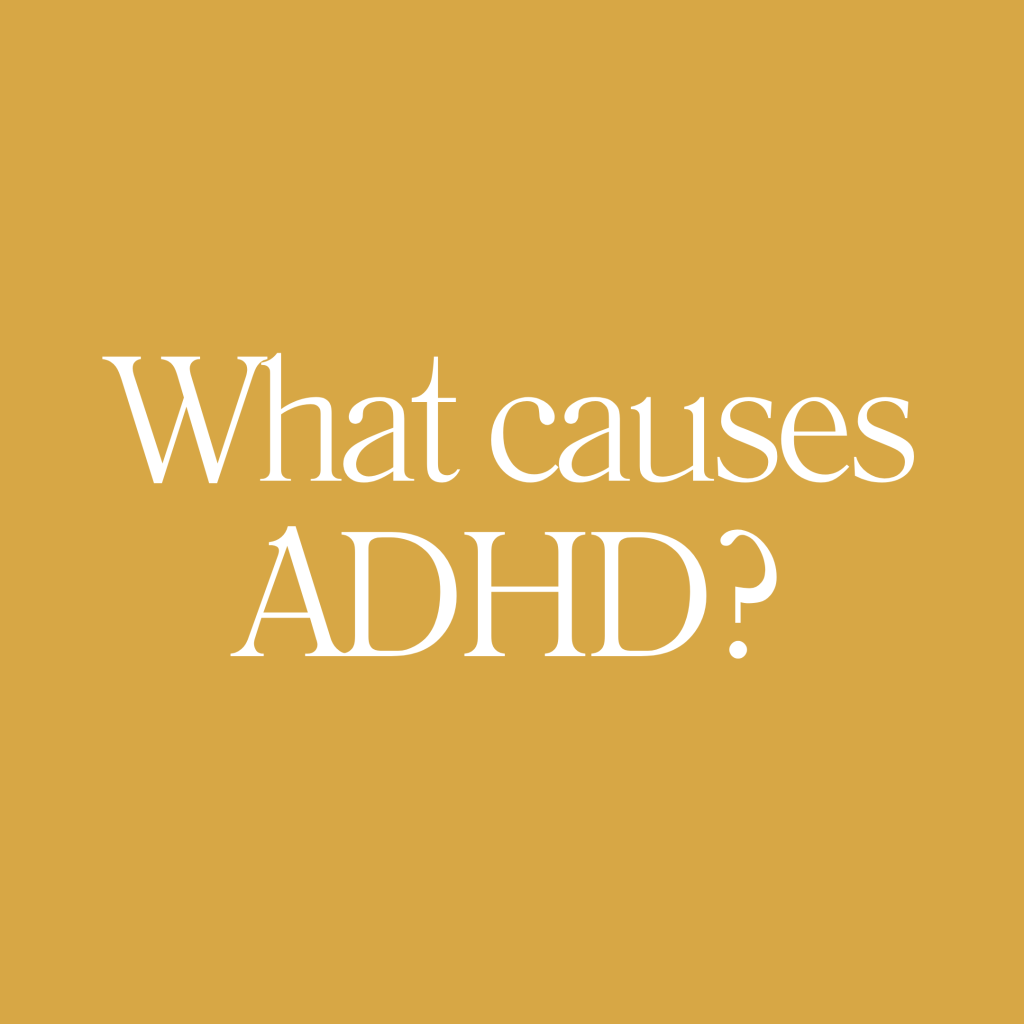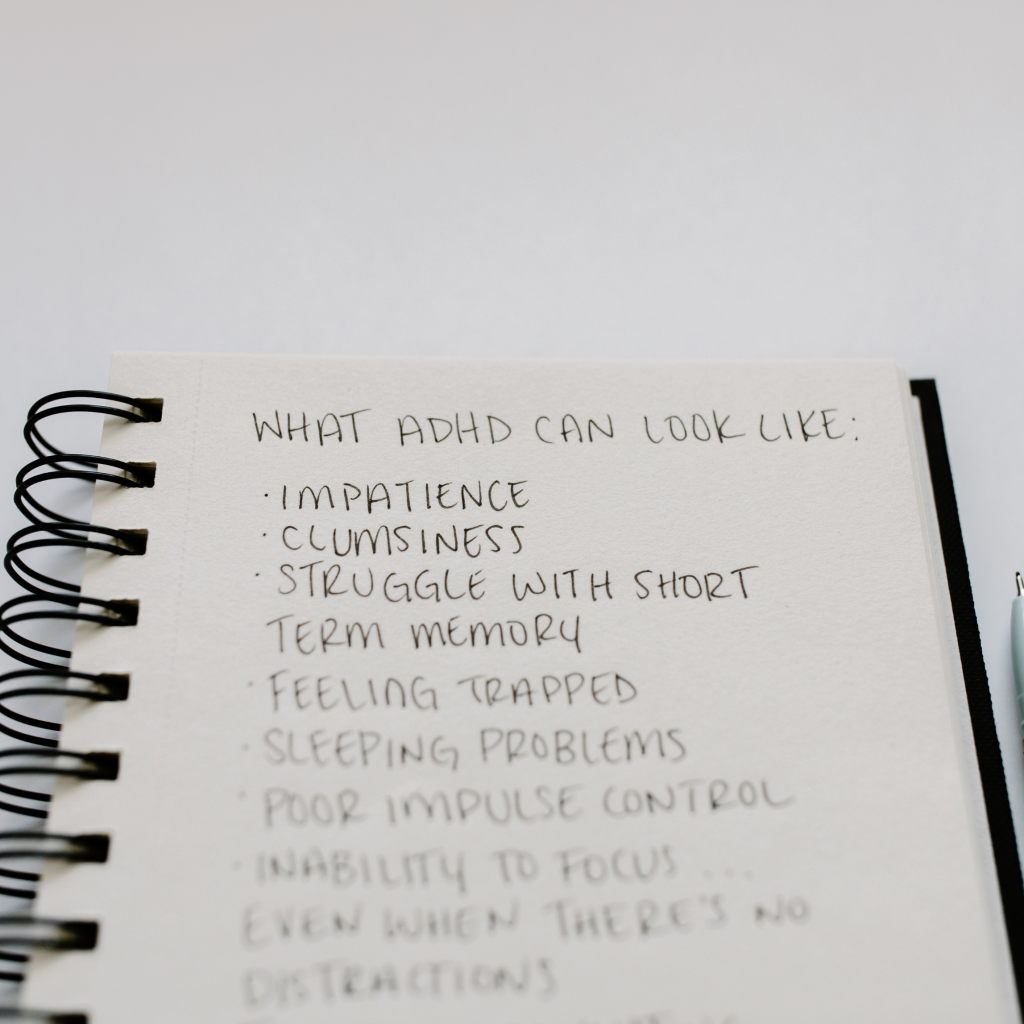Why High Achievement Doesn’t Mean You’re ‘Fine’
You’ve built something impressive. Maybe it’s a thriving business, a great income, or a reputation as the person who gets things done. From the outside, you look like you’ve got it all together.
But here’s what nobody sees: the 3am anxiety spirals about the email you forgot to send. The exhaustion from keeping all the plates spinning. The shame of struggling with things that “should” be easy by now. The constant mental load of remembering, organizing, and forcing yourself to focus on things that make your brain want to run away.
You’ve achieved so much. So why does it still feel this hard?
The Success Paradox Nobody Talks About
You’ve spent years, maybe decades, building systems to work around your ADHD brain. You’ve developed compensation strategies that have gotten you this far. You’ve white-knuckled your way through the hard stuff. You’ve made it work through sheer determination and often at great personal cost.
And because you’ve been so successful at looking fine, people assume you are fine.
Your partner doesn’t understand why you’re overwhelmed when your calendar “isn’t even that full.” Your colleagues don’t see the mental gymnastics it takes you to get through a simple meeting. Your friends wonder why you’re so tired when you “have so much help” or “have it so good.”
But, high achievement doesn’t cancel out struggle. Success doesn’t make ADHD easier. And you’re not fine just because you’re functional.
When Compensation Becomes Exhaustion
Think about it this way. Imagine you’ve been walking with a stone in your shoe for years. You’ve learned to walk in a way that minimizes the pain. You’ve adjusted your gait, changed your stride, maybe even built up some calluses. You’ve walked miles like this. You’ve climbed mountains like this.
To everyone watching, you’re an incredible hiker. Look how far you’ve gone! Look how fast you can move!
But you know the truth. Every single step still hurts. The compensation isn’t effortless, it’s actually exhausting. And the fact that you’ve made it this far doesn’t mean you should have to keep walking with that stone in your shoe.
Your ADHD is that stone. And your success? It’s a testament to your resilience, creativity, and determination, not proof that you don’t need support.
The Hidden Cost of ‘Managing’
Let me paint a picture that might feel familiar:
You wake up already thinking about the seventeen things you need to remember today. You’ve set multiple alarms, put sticky notes everywhere, and sent yourself reminder emails. You spend the first hour of your day trying to prioritize a to-do list that feels overwhelming before you’ve even started.
At work, you’re “on” all day. You’re masking the distractibility, the restlessness, the racing thoughts. You’re working twice as hard to produce the same output as your neurotypical colleagues, and you’re doing it while fighting your brain’s natural wiring every single minute.
You come home depleted. Your family gets the exhausted, touched-out, decision-fatigued version of you. The version who snaps over small things because your nervous system has been in overdrive all day. The version who can’t face one more decision about what’s for dinner or one more question that requires you to shift your attention.
You fall into bed knowing you “should” feel accomplished, but instead, you feel like you barely survived.
And tomorrow, you’ll do it all again.
This is the hidden cost of managing ADHD through sheer force of will. It works. Until it doesn’t. Until the burnout creeps in. Until the compensation strategies that got you here start to crumble under the weight of increased responsibility and complexity.
Why Success Can Actually Make It Harder
Sometimes, the more successful you become, the harder ADHD can feel.
Why? Because success often brings more complexity, more decisions, more people depending on you, and less structure. When you were earlier in your career, you might have had clearer boundaries, simpler responsibilities, or more external accountability. Now? You’re managing teams, making strategic decisions, juggling multiple projects, and trying to see the big picture while your ADHD brain wants to hyperfocus on the wrong details or avoid the important-but-boring tasks entirely.
The stakes feel higher too. You have more to lose. More people watching. More pressure to maintain the image of having it all together.
And let’s be honest: there’s a special kind of shame that comes with struggling when you’re “supposed” to have figured it out by now. You might think, “I run a company, but I can’t remember to pay my electric bill on time,” or “I manage a team of twenty people, but I can’t manage my own inbox.”
The gap between your external success and your internal experience can feel impossibly wide. And that gap? That’s where the shame lives.
That’s where the “what’s wrong with me?” thoughts take root.
You’re Not Broken, You’re Just Done Pretending
There is nothing wrong with you.
You’re not lazy. You’re not making excuses. You’re not failing at being an adult.
You have ADHD. It’s a neurological difference that affects executive function, attention regulation, emotional regulation, working memory, and impulse control. It doesn’t care how successful you are. It doesn’t go away because you’ve achieved your goals. And it doesn’t mean you’re any less capable or intelligent or worthy.
What it does mean is that you’ve been working incredibly hard to function in a world that wasn’t designed for your brain. And you’re tired. Not because you’re not strong enough, but because you are human.
The achievement you’ve built? That’s real. The struggle you’re feeling? That’s real too. Both things can be true at the same time.
And here’s the relieving truth: you don’t have to keep doing this alone. You don’t have to keep white-knuckling your way through. You don’t have to wait until you’re completely burned out to ask for support.
What Actually Helps
The strategies that got you here aren’t usually the strategies that will help you thrive sustainably.
You don’t need more willpower. You don’t need to try harder. You don’t need another productivity hack that works for neurotypical brains but leaves you feeling like you’re failing.
What you need is an approach that works with your ADHD brain, not against it. You need systems that actually fit how you think and process. You need to understand your patterns, your triggers, and your strengths so you can stop fighting yourself and start supporting yourself.
You need permission to stop pretending you’re fine and start building a life that actually feels sustainable.
And maybe most importantly, you need someone who gets it. Someone who understands that high achievement and high struggle can coexist. Someone who won’t minimize your experience because you “seem fine” from the outside.
You Don’t Have to Do This Alone
If you’ve read this far and you’re thinking, “This is exactly how I feel,”. I see you. The version of you that has achieved so much and the version of you that’s exhausted from the effort it takes. Both versions are valid. Both deserve support.
You don’t have to keep doing this alone. There’s a different way forward that honors your success while also acknowledging that you deserve to feel okay on the inside, not just look okay on the outside.
If you’re ready to explore what that could look like, I’d love to support you.
If you are not already, come and follow me on Linkedin and Facebook for more ADHD insights for high achievers.





